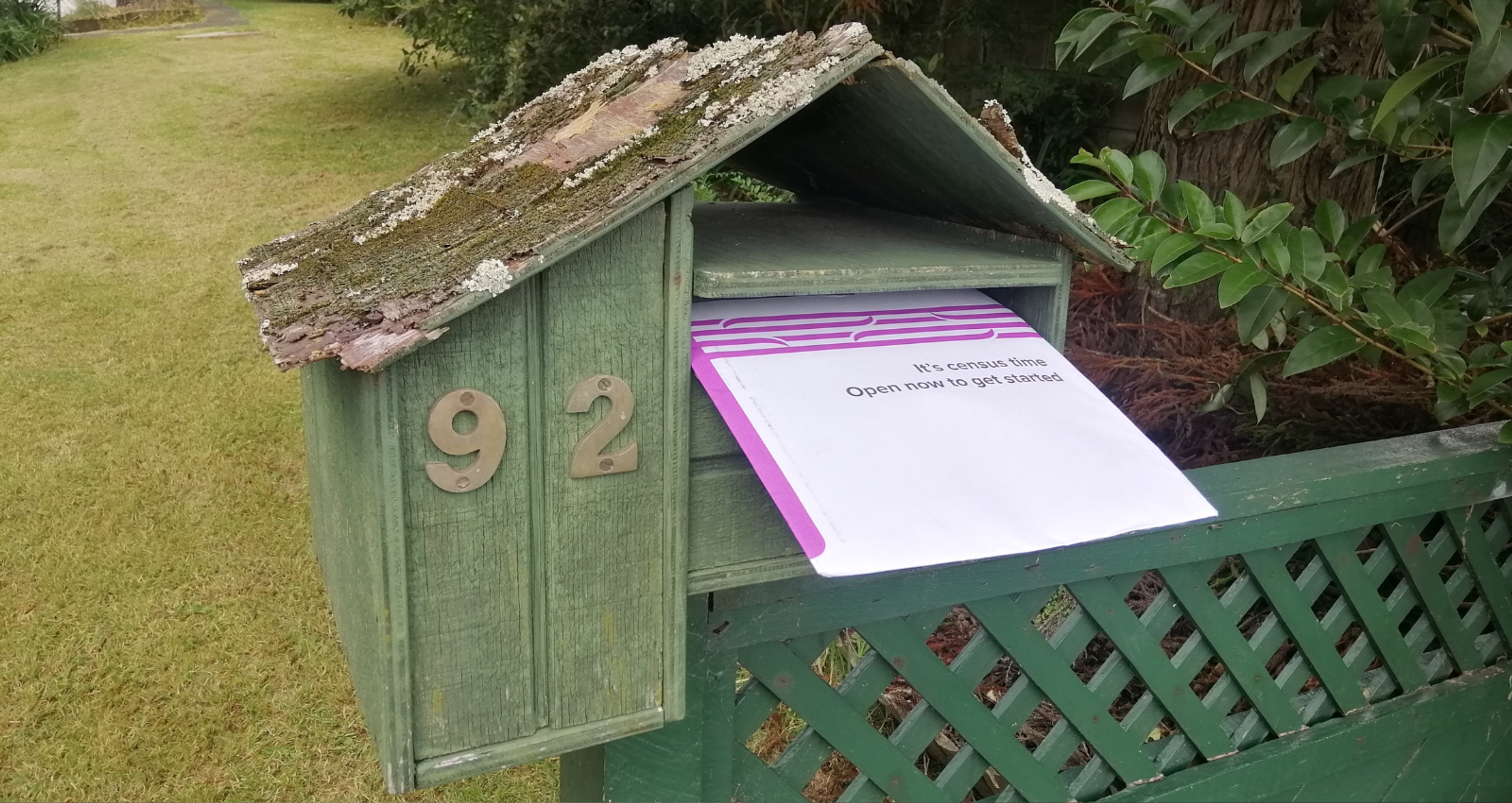

The Census will no longer be arriving in letterboxes every five years.
Photo/PMN News
Pacific leaders and experts alarmed as Census replaced by annual surveys
Critics argue that the shift could exacerbate existing issues of underrepresentation for Pacific communities and hinder evidence-based policymaking in the future.


Time for an Indigenous State of Origin? The All Stars game shows who really powers the NRL



Pacific advocates are raising concerns about how diverse voices will be represented following the elimination of the national census.
On Wednesday, Dr Shane Reti, the Statistics Minister, announced that more minor, annual surveys would replace the five-yearly census.
He says that despite the unsustainable and escalating costs, “successive censuses have been beset with issues or failed to meet expectations”.
Dr Chang Yu, a statistical modeller at Otago University, believes the change will harm Pacific-focused research.
“I think it’s disappointing news because a lot of our research is built and based on the census … so if the census is cancelled, if we're only based on administrative data, then that will be very limited.”
Historically, the completion rates for the census have been lower among Pacific households, with only 65 per cent participation in the 2018 census and 79.2 per cent in 2023, both figures well below the national average.
Watch Dr Chang Yu's full interview below.
Jessica Tupai, the Youth MP for Wellington Central, suggests that removing the census further complicates the issue of representation.
“It’s interesting to take away something where you get the voices of New Zealand,” she says.
However, seeing that there was a lack of Pacific representation within that census space already, it's an interesting issue… we also need to find how we can actually get more of that representation in the first place.”
Tupai says building stronger relationships and fostering dialogue with Pacific communities and leaders could be part of the solution.

Census 2023 cost $325 million, with targeted advertisements to boost engagement from Pacific communities. Photo/File
Lack of political buy-in
The Government has yet to provide full details about the data collection model that will replace the census. The next census, scheduled for 2030, is projected to cost $400 million.
In an interview on Pacific Mornings, Carmel Sepuloni, the Labour Party deputy leader, warns that the change could further marginalise Pacific voices in funding decisions.
“That information and data informs policy and investment decisions by governments now and going into the future, it also helps evaluate whether or not policies from the past are working,” she says.
She is concerned that the new model might not adequately capture data from minority groups, including Pacific, Māori, and the disabled.”
Watch Carmel Sepuloni's full interview below.
Sepuloni also highlights the lack of cross-party agreement on the decision, saying the changes need to be sustainable, “which could impact the quality of policy decisions being made and the right level of investment being given to those communities”.
Sepuloni says there is a need for clarity and assurance about the forthcoming changes.
“We need to have trust and confidence that whatever replaces the census is going to be better than what the census was. And we haven't been given that assurance and we haven't been given the details. So we're concerned about what's happening here.”